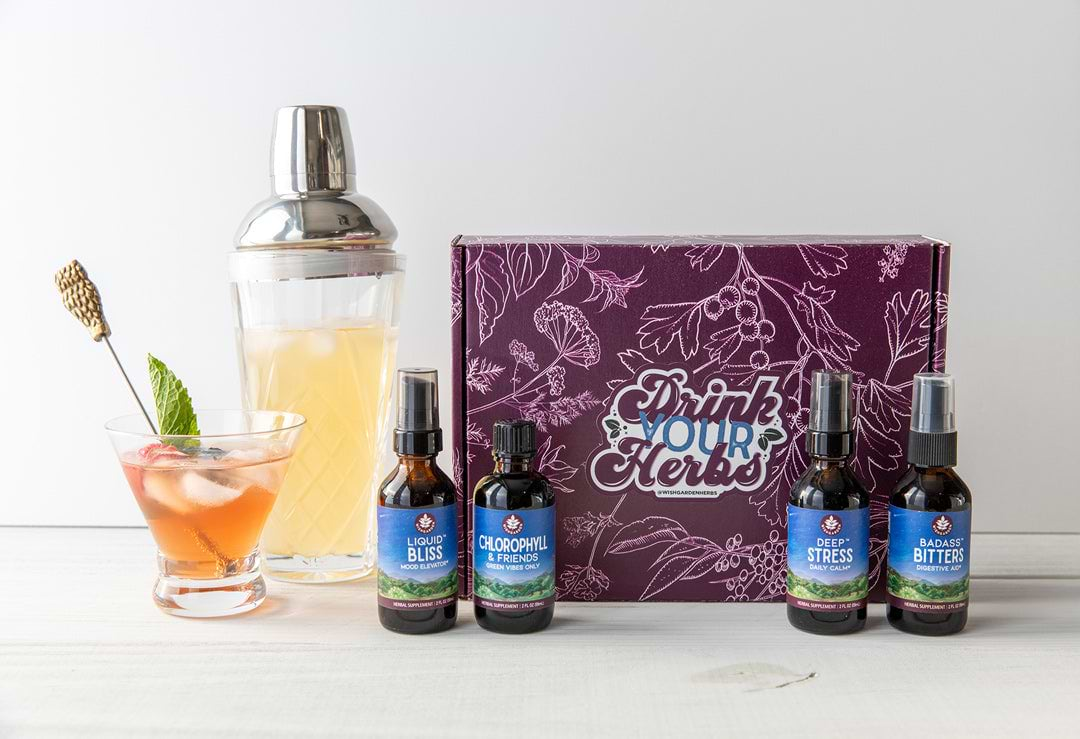
Burdock Root Benefits: Nature’s Detox Dynamo and Wellness Ally
From liver support to glowing skin, burdock root does it all. It’s the MVP ingredient in 15+ WishGarden formulas—proving this humble herb is as versatile as it is powerful. 🌱 Let’s dig in!







